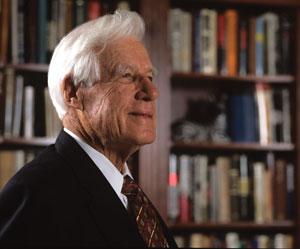By Kenneth F. Hunt
Impunity Watch Reporter, Europe
MOSCOW, Russia – A bill submitted to Russia’s Parliament would increase the power of the the Foreign Security Service (FSB) to clamp down on dissident media outlets, journalists, protesters, and extremist groups.
The bill was submitted to the Russian Duma on April 24 by the ruling Russian government. The Duma is the lower house of Russia’s Parliament.
The legislation would allow the FSB to take preventive measures, including detention of some form, against any person or group that the Kremlin suspects of engaging in extremist activity. Moreover, the bill would allow the FSB to punish any individual that does not comply with any “legitimate demands” of the FSB. The bill would also allow the FSB to summon and issue legally binding warnings against both journalists and protesters.
Outrage over the proposed bill has come from both rights groups and Russian opposition parties.
For opposition parities, the bill appears to be a power grab by the Medvedev administration. The bill grants powers to the FSB eerily similar to the notorious Soviet-era KGB. Rights groups are also concerned that the bill will be used primarily to harass political rivals and citizens, especially those that are critical of President Medvedev and Prime Minister Putin.
The leader of the Yabloko Party, Sergei Mitrokhin, says the bill is designed to intimidate and prevent protest against the government. Mr. Mitrokhin the says bill “will mostly affect political activists and opponents of current authority” and the FSB is attempting to “psychologically pressure a large circle of [opponents]”.
The Kremlin and FSB defend the bill, saying it is a necessary change in policy after the devastating March 29 subway bombings in Moscow. Moreover, the government cites a dramatic rise in extremist activities over the past several years to rationalize increasing FSB power.
The sponsors of the bills appended a public statement, which accused certain journalists and extremists groups of “propagat[ing] the cult of individualism, violence and mistrust in the government’s capacity to protect its citizens, virtually drawing the youth to extremism.”
The most controversial part of the bill is probably the breadth of the term “extremism”. A legislator from the A Just Russia Duma faction, Ilya Ponomarev, expressed concern regarding the Kremlin and FSB’s consistent practice of “label[ling] normal social activist as extremists.”
Moreover, any individual who disobeys FSB orders or otherwise hinders their work under the legislation could be subjected to civil and criminal fines or other penalties. This provision would likely be used against anti-establishment news outlets.
For more information, please see:
ASSOCIATED PRESS – Russia considers new powers for KGB’s successor – 27 April 2010
MOSCOW TIMES – Proposed Bill Could Increase FSB’s Power – 27 April 2010
RADIO FREE EUROPE – New Russian Legislation Would Increase FSB’s Authority – 27 April 2010
RIA NOVOSTI – New bill may give Russia’s FSB power to persecute dissidents – 26 April 2010

